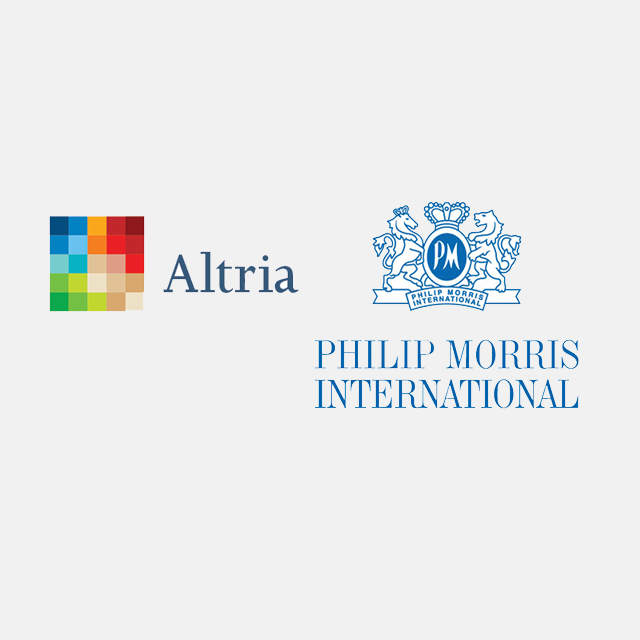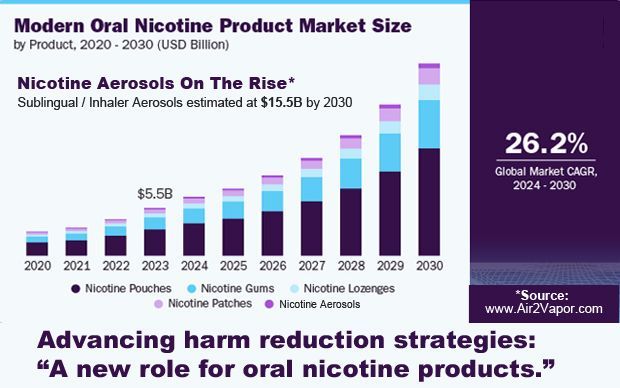BAT's ambition to become a predominantly smokeless business by 2035
How BAT’s tobacco-free oral nicotine strategy is reshaping the public health conversation in the Middle East.
BAT’s initiatives like Omni™ represent a turning point — not just for the company, but for informed public health professionals to embrace THR and adopt progressive regulatory policies.
In a bold move that could accelerate the region’s journey toward a smokeless future, British American Tobacco ME DMCC — representing the Middle East and North Africa (MENA) cluster recently unveiled Omni™ — an evidence-based, dynamic scientific resource that provides an overview of the science supporting smokeless products and offers a summary of global evidence base in support of tobacco harm reduction (THR) created over the last decade.
But Omni™ is more than just a scientific resource. It’s a signal of strategic intent — a blueprint for THR and a platform to foster transparency, education, and collaboration across regulators, policymakers, health professionals, and investors.
For BAT, it underscores their ambition to become a predominantly smokeless business by 2035 — and in the Middle East, that ambition is being met with growing interest and cautious optimism.
To understand how BAT is navigating this regional transformation, we sat down with Will Brockbank, the BAT area marketing director for the APMEA West region, who offered rare insights into the company’s regional roadmap and the behavioral shifts quietly reshaping nicotine consumption.
A smokeless pivot in progress.
“The recent announcement by the UAE to regulate tobacco-free oral nicotine pouches is very much welcomed by us at BAT,” Brockbank said. “It’s a step in the right direction, creating a framework that prioritizes product safety, hygiene, and quality manufacturing.”
Such frameworks, he explained, are critical in achieving THR goals. Drawing on international examples, he pointed to countries like the UK, Japan, and notably Sweden — the last is expected to declare itself smoke-free years ahead of the EU’s 2040 target to achieve a smoke-free generation, largely thanks to its recognition and regulation of smokeless products as part of its public health policy.
“Countries like Sweden benefit from smart regulation that recognizes the potential role of smokeless products in reducing smoking prevalence,” Brockbank added.
A research done in the MEA region conducted by Kantar, a global data, insights, and consulting company, reinforces the potential role for smokeless products in the Middle East. In the UAE, 83 percent of adult smokers are open to switching to smokeless alternatives.
In Saudi Arabia, that figure is 30 percent. “The willingness is there,” he said. “What we need now is a clear, honest dialogue with regulators and public health stakeholders to push forward sensible, science-backed policies.”
VIEW THE ORIGINAL, UNEDITED ARTICLE HERE.











